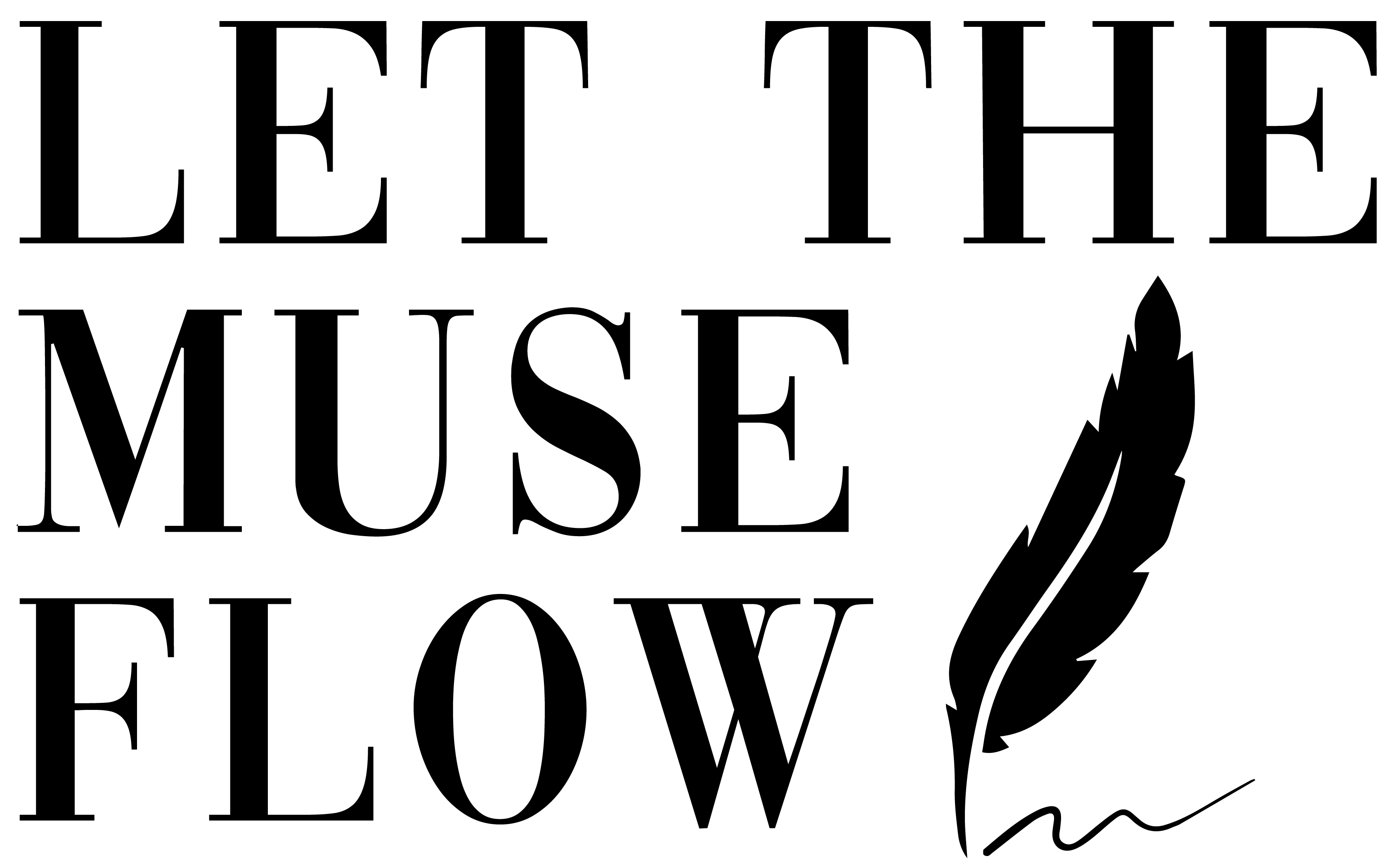
From having a naïve intelligence to being a realistic professional – you have seen it all. While some of you may still be in the former category and some of you subtly transition to the reality ground of your marketplace – but one thing that binds you to traverse this journey is your belief in yourself.
It’s true – self-awareness is a big thing; it’s a big deal. Otherwise, we’d all be wayward in our career and lives – going from point A to seemingly north point B, based on our ground reality.
So the real compass of weighing in our personal story’s challenges and opportunities is an optimistic start. Many of us share our life’s success story headlining ourselves as the hero – the real champions – who overcame all the obstacle to cover a milestone. But the question is – ‘do we really narrate our wins to ourselves – when we really need to – the way we articulate it to our world?’
On the other hand, In the book, What You Really Need To Lead, Robert Steven Kaplan talks about something called a failure narrative: your chronology of events that give you bouts of learnings.
Documenting your failure narrative will give you a dosage of empathy and compassion for not just yourself but for others as well. Too much of success-oriented mindset sometimes stalls our relational quotient with ourselves. As a result, when success doesn’t look success, we dodge our way – inadvertently – to think inadequate of ourselves.
And the courage to voice your failure narrative will position you as – how Adam Grant puts it – a humble narcissist. Which is great for your personal brand’s longevity – in terms of affinity, purpose, and humility to accept and learn from failures – and pivot.
Your series of ‘no’, ‘rejections’ and terrible, ambiguous ‘maybe’s’ will go into atrophy when you deduce a pattern of learnings, which will help you reframe your problems for seeking better solutions.
Do this exercise: write your failures – obvious and even un-obvious ones. You will see some underlying points, which when you don’t repeat in your future, will help you reduce your chances of falling in the same blind spots, again.
Result?
A reframed ‘you’ with chances of having better – and more intelligent – problems, which you’d love to solve!
What’s your failure narrative?

